
GPMLS Distinguished Lecture Series
2023-2324 Speakers
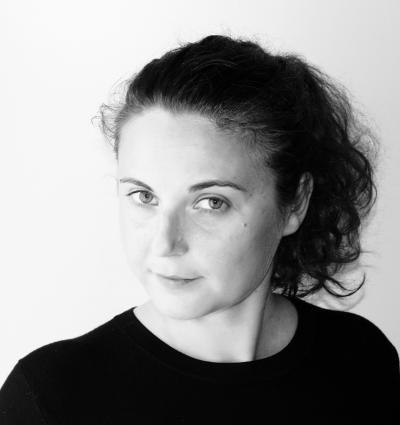
GPMLS Lecture Series –
Dr. Elisa Galiano – February 5th
Dr. Elisa Galiano, University Lecturer in Neuroscience in the Department of Physiology, Development and Neuroscience (PDN). Fitzwilliam College, University of Cambridge, U.K.
Elisa, a trained cellular electrophysiologist, earned her degrees (BSc in Biology, MSc in Neurobiology) at the University of Pavia, Italy. Her early research focused on cerebellar computation at a cellular and synaptic level. In May 2018, Elisa established her lab at the University of Cambridge’s Department of Physiology, Development, and Neuroscience. In October 2020, she became a Fellow and Director of Studies in Biological Natural Sciences at Fitzwilliam College. Elisa’s research interests center around neuronal plasticity, exploring how the brain responds to sensory stimuli and modifies itself at a cellular level during both development and adulthood. In her lab, the primary focus is on studying different types of neuronal plasticity during development and adulthood, examining their combined impact within individual cells across their lifetime and their effects on network processing.
GPMLS Lecture Series –
Prof Vignir Helgason – November 17th
Dr. Helgason Professor in Cancer Research at the Institute of Cancer Sciences, University of Glasgow will give a talk titled: Target Mitochondrial Metabolism in Leukaemic Stem Cells
Dr. Helgason earned a B.Sc. in Biology from the University of Iceland in 2000 and worked at deCODE genetics for three years. He pursued a Ph.D. in Prof. Kevin Ryan’s “Tumour Cell Death Laboratory” at the Cancer Research UK Beatson Institute, graduating from the University of Glasgow in October 2007. After two post-doctoral positions in Prof. Tessa Holyoake’s lab, he was awarded a Kay Kendall Leukaemia Fund Research Fellowship in 2013. This fellowship supported his transition to an independent research group at the Wolfson Wohl Cancer Research Centre. Dr. Helgason also received the John Goldman Fellowship for Future Science, and through various achievements, he was promoted to a Reader in Cancer Research in August 2020. Dr. Helgason’s team conducts translational research aligning with the vision of Wolfson Wohl Cancer Research Centre, CRUK Beatson Institute, and CRUK Glasgow Cancer Centre. Primarily focused on Chronic Myeloid Leukaemia (CML), the team, leveraging Glasgow’s clinical expertise, is expanding into related leukaemias and myeloproliferative neoplasms. Their overarching goal is to target appropriate therapy to the stem cell compartment, addressing drug resistance. Current projects revolve around “Leukaemia Stem Cells,” “Autophagy,” “Cancer Metabolism,” and the “Leukaemia Niche.”
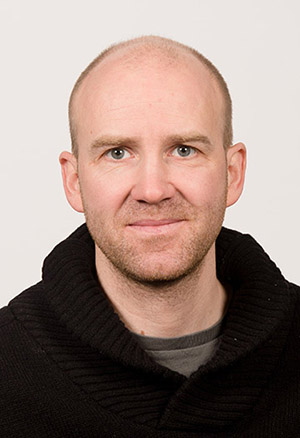
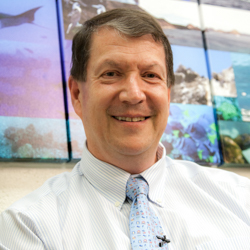
GPMLS Distinguished Lecture Series –
Prof. Vojo Deretic – September 27th
Professor and chair of the Department of Molecular Genetics and Microbiology, University of New Mexico School of Medicine, U.S., and founding director of the Autophagy, Inflammation and Metabolism (AIM) Center of Biomedical Research Excellence
Dr. Deretic is an international authority on the role of autophagy in inflammation and immunity. He received his undergraduate, graduate (Ph.D.) and postdoctoral education in Belgrade, Paris, and Chicago. Dr. Deretic’s main contributions to science come from studies by his team on the role of autophagy in infection and immunity. Dr. Deretic is the director of the NIH-funded Autophagy, Inflammation and Metabolism (AIM) Center of Biomedical Research Excellence (CoBRE). The AIM center aims to promote autophagy research nationally and internationally and to develop a cadre of junior faculty and senior experts in this area to study fundamental mechanisms and how autophagy intersects with a broad spectrum of human disease and health states. While his administrative duties are many, his own research has been exceptionally productive and at the cutting edge of international science.
GPMLS Lecture Series –
Bernd Pulverer PhD – September 26th
Bernd Pulverer Ph.D. will give a lecture titled Navigating the publishing process to benefit your research in our distinguished lecture series.
Bernd Pulverer will be in Iceland on behalf of the European Molecular Biology Organisation. Following undergraduate studies in Cambridge, Bernd received his PhD in 1992 from the Ludwig Institute for Cancer Research, London. He carried out postdoctoral research at the Ontario Cancer Institute, Toronto, the Fred Hutchinson Cancer Research Center, Seattle and at the University of Innsbruck. Bernd was associate and then senior editor at Nature from 1999 until 2002 and subsequently chief editor of Nature Cell Biology. He is a member of the advisory boards of bioRxiv, Review Commons, ASM publications, and a member of the STM Image Integrity Working Group. He is a founding director of the journal Life Science Alliance, co-published by EMBO Press, Rockefeller University Press, and Cold Spring Harbor Laboratory Press.
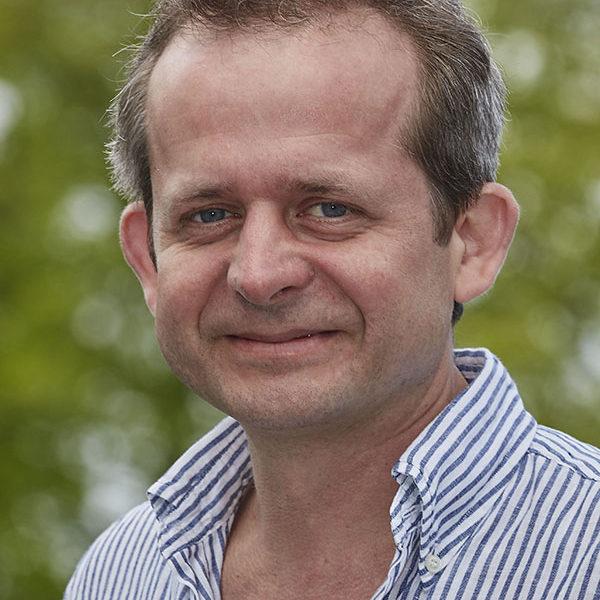
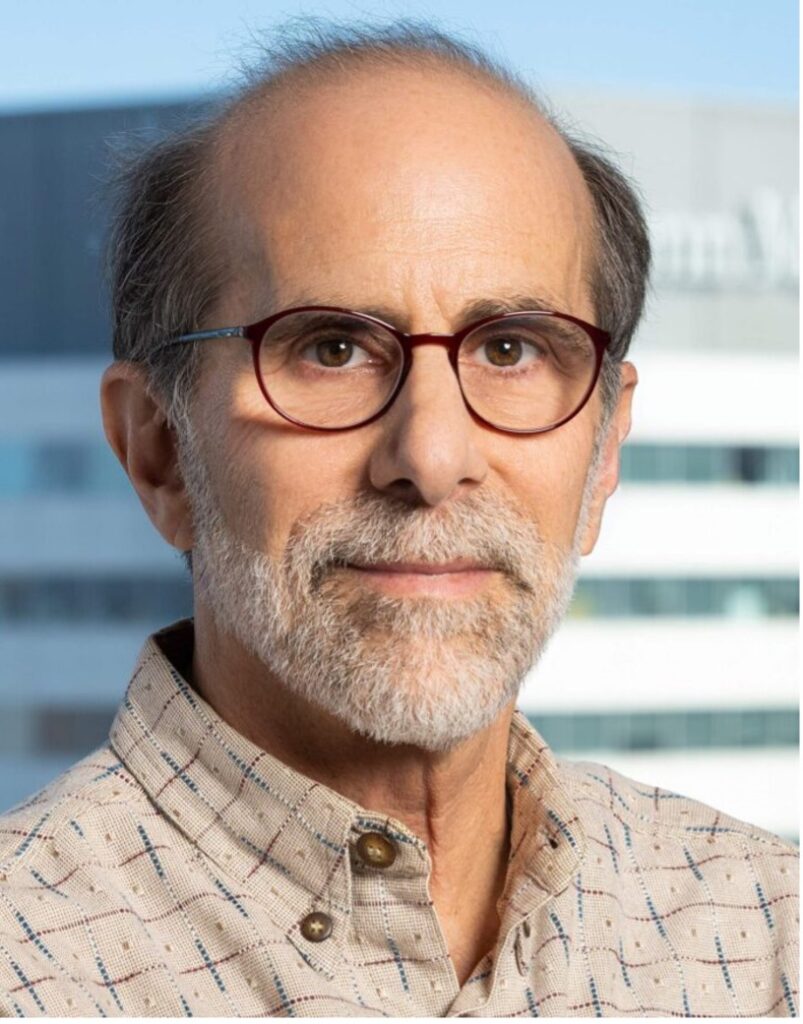
GPMLS Distinguished Lecture Series –
Prof. Ken Zaret, PhD – September 22nd
Professor of Cell and Developmental Biology, Perelman School of Medicine, University of Pennsylvania, U.S., and Director of UPenn’s Institute for Regenerative Medicine will give a lecture titled Overcoming Chromatin Barriers to Change Cell Fate
Dr. Zaret’s academic journey began with graduate studies in yeast genetics at the University of Rochester followed by his postdoctoral research in steroid hormone regulation at the University of California, San Francisco. He later held positions at Brown University Medical School and at the Fox Chase Cancer Center. Dr. Zaret has received numerous awards and serves as a member of many prestigious institutions. Throughout his career, Dr. Zaret has contributed extensively to academia as an editor, serving roles at journals like Molecular and Cellular Biology and Development. He has also served on many grant review panels and boards. Dr. Zaret leads a laboratory at the University of Pennsylvania, where the goal of his laboratory is: “to understand ways that genes are regulated in order to allow one type of cell to change into another type of cell. Such “cell type control” occurs in embryonic development and tissue regeneration when embryo or adult stem cells become specialized for tissue function. Understanding cell type control is crucial to being able to generate new cells at will for therapeutics and for generating experimental models to unveil the basis of, and cures for, human disease.
GPMLS Series – Assoc. Prof. Dimitra Dafou , PhD – September 5th
Associate Professor in Biochemistry School of Biology, Aristotle University of Thessaloniki, Greece will give a talk on RNA editing in neurodegenerative disorders
Dr. Dafou’s academic journey began in the United Kingdom where she obtained her doctorate, funded by AstraZeneca, and conducted her postdoctoral research as a Fellowship in “Translational Research Oncology” at Queen Mary University and University College London. She currently holds an Associate Professor position at the Aristotle University of Thessaloniki in Greece and has been with the University since the year 2014. She specializes in induced pluripotent stem cells/cancer stem cells, in vitro and in vivo disease modelling and 3D culture models of tumours. Dr. Dafou has received numerous grants. Dimitra will share with us her findings from her work on RNA editing in neurodegenerative disorders.
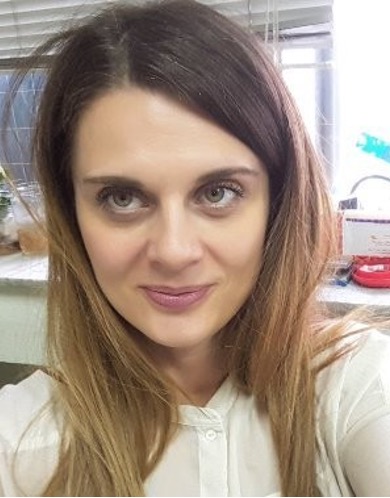
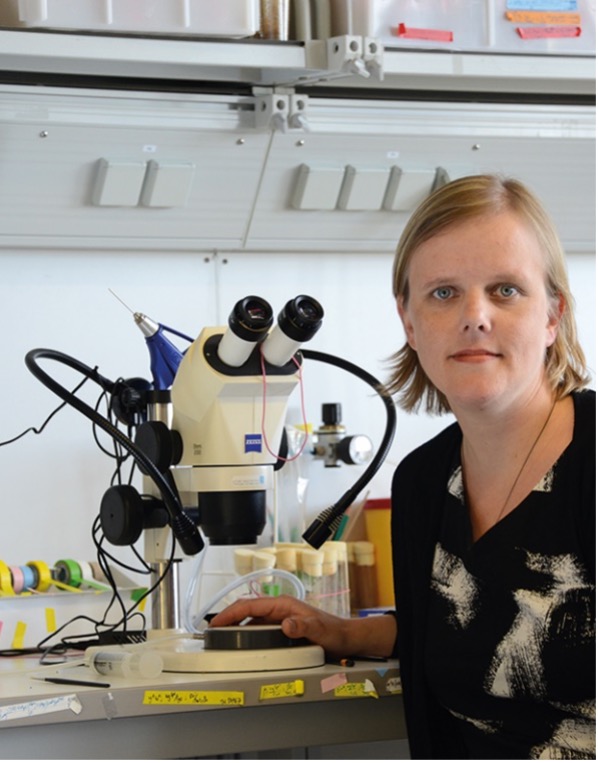
GPMLS Distinguished Lecture Series – Professor Marion Silies, PhD – August 30th
Marion Silies, Professor of Neurobiology, University of Mainz, Germany will give a talk on The cellular and circuit basis of visual processing strategies
Marion Silies is a neuroscientist with an impressive career. She obtained her doctorate in Münster whereafter she conducted her postdoctoral research at Stanford University. Her research focuses on cellular mechanisms and neuronal networks in the brain, particularly the processing of visual information in the fruit fly Drosophila. She uses the fruit fly model to study how neural circuits form and how neurons communicate for visual information processing. She developed a genetic toolkit at Stanford, widely adopted by labs globally, to manipulate neural function and identify motion detection circuits. Leading the Emmy Noether Junior Research Group “Visual Processing” at the European Neuroscience Institute earned her recognition, including an ERC Starting Grant. In 2019 she moved to the University of Mainz as a Professor of Neurobiology, continuing her research and fostering collaboration. Current work in her lab is focused on understanding on how vision can be stable in natural, quickly changing environments, funded by an ERC Consolidator Grant. In her lecture, she will discuss how the cellular and circuit implementation of computations that are visual system have to perform, from insects via humans to computer-vision based machines face. Silies sees her career progression not only as personal advancement but also as a way to serve as a role model, particularly for women in science, aiming to encourage their participation in scientific leadership roles.
